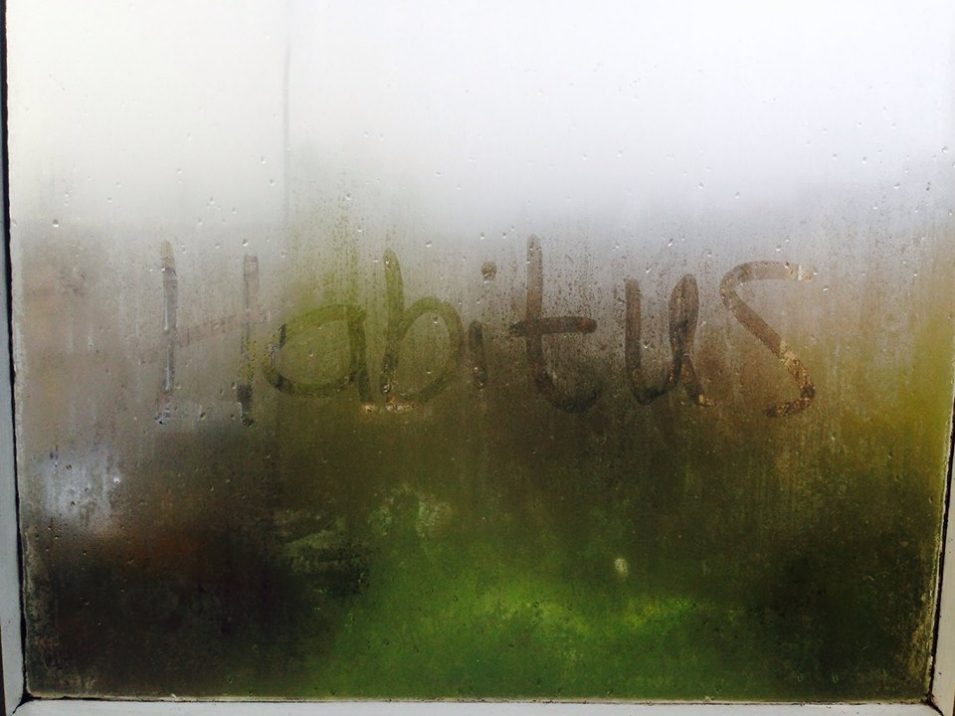[part of the launch week for the book: Bourdieu, Habitus and Social Research: The art of application (published this month by Palgrave). My chapter is called: From Parental to Adolescents’ Habitus: Challenges and Insights when Quantifying Bourdieu]
This chapter summarizes the findings of the research I have conducted on the effects of parental beliefs and practices exhibited at the early stage of children’s educational career (during kindergarten and first grade) on various outcomes in eighth grade. Utilizing a nationally representative sample of U.S. students––Early Childhood Longitudinal Study – Kindergarten Cohort (ECLS–K) data, I examined the relationships between parental practices and expectations and children’s academic achievement, as well as children’s self-concept, locus of control, and educational expectations, which, as I argued, constitute their emerging habitus. In this chapter, I reflect on the challenges I have encountered attempting to bridge Bourdieu’s theoretical concept of habitus with empirical work on educational outcomes. The challenges come at multiple layers; they lie in the operationalization of habitus, in capturing this very fluid, broad concept with specific survey questions. It also is reflected in a difficulty of empirical distinction between habitus and the embodied cultural capital. I discuss specific methodological dilemmas related to the choice of variables. This research makes an important contribution to the theoretical sociological and educational literature in a number of ways. First, I proposed new ways to operationalize a complex theoretical concept of habitus using students’ educational expectations, internal locus of control, and general and area-specific self-concepts. Second, the study empirically examined how early parental practices and educational expectations (measured during kindergarten and first-grade years) affect students’ emerging habitus and academic achievement when they reach adolescence (measured in eighth grade). The findings reveal that students from higher-SES families had more positive general and area-specific self-concepts, higher educational expectations, internal locus of control, and higher academic achievement. Higher parental educational expectations were positively associated with all studied outcomes. The findings provide only partial support for the effects of early parental practices and highlight the role of gender and race/ethnicity in shaping adolescents’ habitus. These findings problematize the ways whereby habitus is shaped; they open a question as to what extent habitus is affected by the structural settings children are raised within, as well as by specific actions of the parents taken within those settings.










